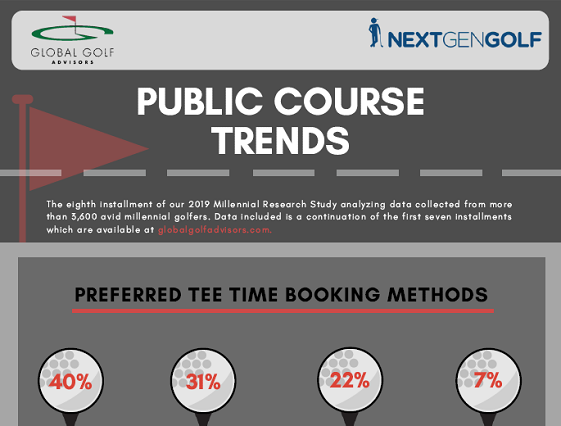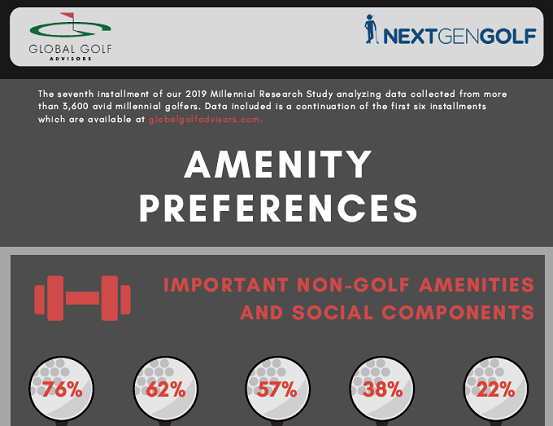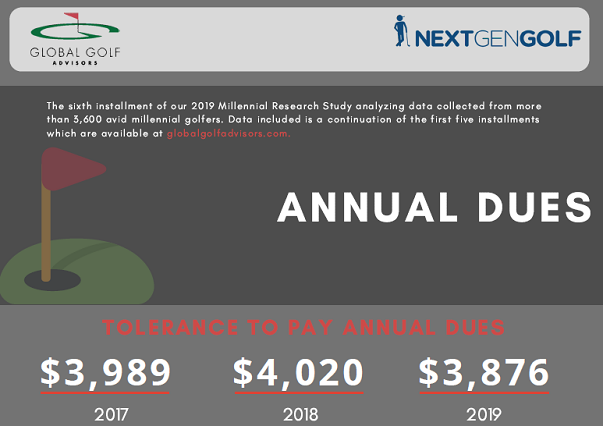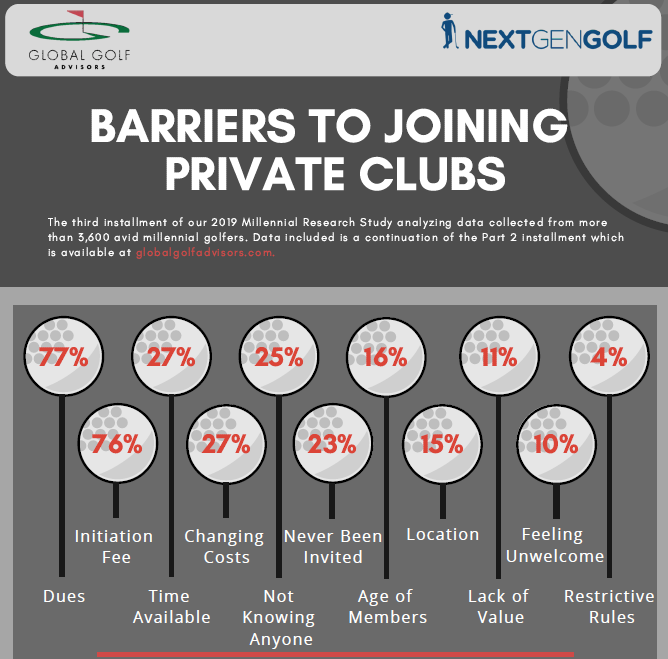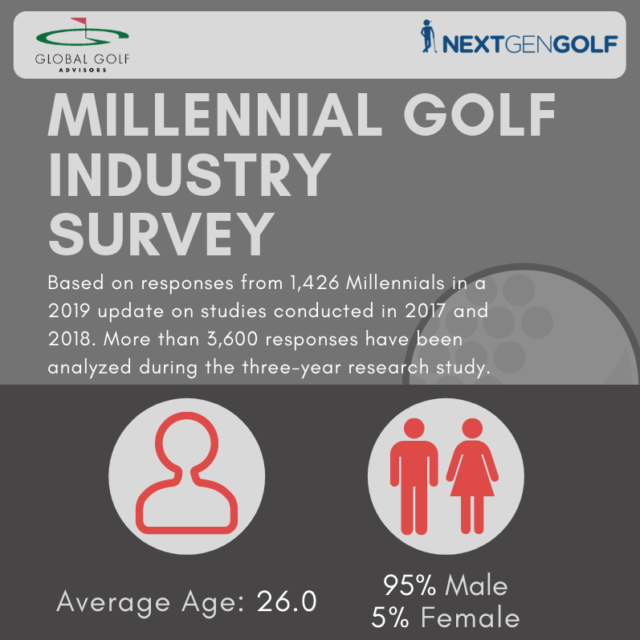The first of three survey reports in the GGA Partners change research initiative, these survey findings focus on what we refer to as the “Preparedness for Change” at clubs throughout the United Kingdom and Ireland. To discuss these findings and learn more about the research initiative, contact Rob Hill Partner, EMEA.
The Management of Change in Golf and Private Clubs
As the global economy hurtles forward in complex and surprising ways, private clubs must adapt to survive. The wider world of golf is also facing dilemmas, as its market shrinks. But while innovation and disruption are the key elements driving broad economic change, private clubs cling to tradition and honour-established customs.
What is the best approach to reconciling these divergent tendencies? How can clubs preserve their identities while adapting to a changing world? How can club leaders drive the change that is needed for their clubs to thrive in the future? Where do private clubs fit within golf’s shifting cultural and financial environment?
Managers and members who are planning and navigating a path forward for their clubs need reliable data to make informed decisions. And while GGA Partners has provided reliable and actionable insights to clubs since its founding, we believe that club leaders need more than data. They need an ally to illuminate the issues. They covet a reliable voice to provide unbiased guidance based on evidence rather than anecdote.
The Change Study
That is why GGA initiated this research project to help us all understand the landscape for change in the golf, private club and leisure industries. We want to quantify the extent and character of the appetite for change and determine how barriers to change impede implementation. We want to identify any common characteristics present in effective change management, along with ascertaining the best methods for cementing innovations and measuring change over time.
The aim of this research is to provide club and business leaders with the insights and tools they need to successfully navigate the changes which we believe all clubs and organizations are sure to face in the months and years ahead.
Key Insights from the Preparedness Study
A summary of the key findings in this first report, of three, include:
Change Landscape
- Half (50%) of clubs have witnessed significant or dramatic change between 2015 – 2020. The most common ‘types’ of change are structural, cultural and process related.
- Technology and Communication have experienced the most significant change over the past five years. Nearly one-in-five clubs indicated ‘dramatic/radical’ change in Governance.
Change Preparedness in Clubs
- One-in-three (34%) club leaders believe their club is very/extremely effective at handling change. Clubs who recently went through dramatic change were more likely to consider ‘change management’ a top business priority.
- Clubs that empower their General Manager to be the primary influencer of change (rather than Board/Committee) are generally more prepared, proactive and effective at handling change.
- Just 13% of clubs consider their club’s change management capability as Leading.
- Clubs are disinclined to be proactive in planning for change (hindered by fiscal and cultural conservatism), and most likely to be inspired to urgency by financial imperatives.
Overcoming Barriers to Change
- Leveraging data to provide evidence, then communicating the need for change, are necessary methods to overcome barriers.
- Financial metrics and member feedback (through a member survey) are the two key areas of data / intelligence that are relied upon to inform decision making.
Change Forecast
- Clubs are not changing quickly enough in order to thrive in the future – 65% of club leaders indicate a need for ‘significant’ or ‘dramatic/radical’ change over the next five-years.
- The top areas of change expected over the next five years are culture and financial. 85% of respondents believe they will require at least ‘moderate’ change to their facility/amenity profile.
Coping with the COVID-19 Crisis
- Clubs with a greater reliance on data/intelligence to inform their decision-making indicate a stronger preparedness in dealing with the COVID-19 crisis.
- The expected impact of the crisis on clubs will be dominated by: (1) Strain on financial capabilities and membership levels causing deferment of capital investment; (2) Cash flow management and restructuring of the cost model, balance sheet and an ‘emergency reserve’; and (3) Reduction of staff and a leaner operation to focus on ‘essential’ services.




